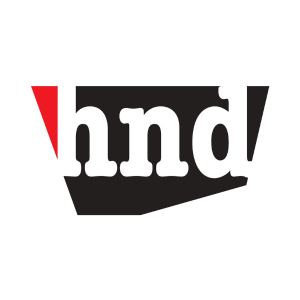
The Croatian Journalists’ Association (CJA) is advocating for the introduction of contracts for monitoring the flows and transfers of money to the media, using funding models for local media proposed by CJA to some Croatian cities. They are also calling for the establishment of a national journalism fund to transparently finance media according to professional standards, said CJA Vice President Chiara Bilić at the parliamentary Committee on Media during a thematic session on state advertising in the media.
The session, initiated by the opposition due to the “Mreža” (Network) affair, concluded without a resolution because neither the opposition’s proposed resolution with amendments nor the government’s proposal received the necessary number of votes.
Maja Sever, President of the European Federation of Journalists (EFJ) and the Trade Union of Croatian Journalists’ (TUCJ), emphasized that the issue of financing media with state and public funds is a crucial question for the survival of journalism and the idea of a democratic society.
Sever stated, “Yes, exactly, that dramatically, and the survival of the media should not depend on the change of ministers or governments. Because it’s not a matter of some advisor who allegedly has no connection to the HDZ [Croatian Democratic Union], nor a minister who is already former because the Mreža affair has just come to light and has shown what we have been warning about for years – the capture of the media with state funds at all levels, just as we read in Nacional, read in previous years, and will probably read today in the media that are not completely captured. Because the Mreža affair is not an isolated case, and that is precisely why it is necessary and important to discuss this topic in the Parliament, at your Committee.”
During the session, the opposition proposed that all state and public bodies and companies be instructed to submit a report on advertising in the media space, funds paid to PR agencies, and concluded contracts within 15 days. The report should cover the years 2022 and 2023 and include financial sponsorships for public events organized by media companies and PR agencies.
Additionally, the opposition proposed that the government present criteria for transparent allocation of funds for advertising in state and public bodies and public companies in all types of media within 30 days.
The ruling coalition proposed instructing the Council for Electronic Media (VEM) and the Agency for Electronic Media (AEM) to order all state and public bodies and public companies to submit a report on advertising in the media space, funds paid to PR agencies, and sponsorships of all events organized by PR agencies and media companies within 30 days for the years 2022 and 2023.
In the end, none of the proposals received the required six votes. The opposition proposal received four votes, with five against, while the government’s proposal received five votes, with none in favor or against.
Source: Hina and CJA
Translated by CJA